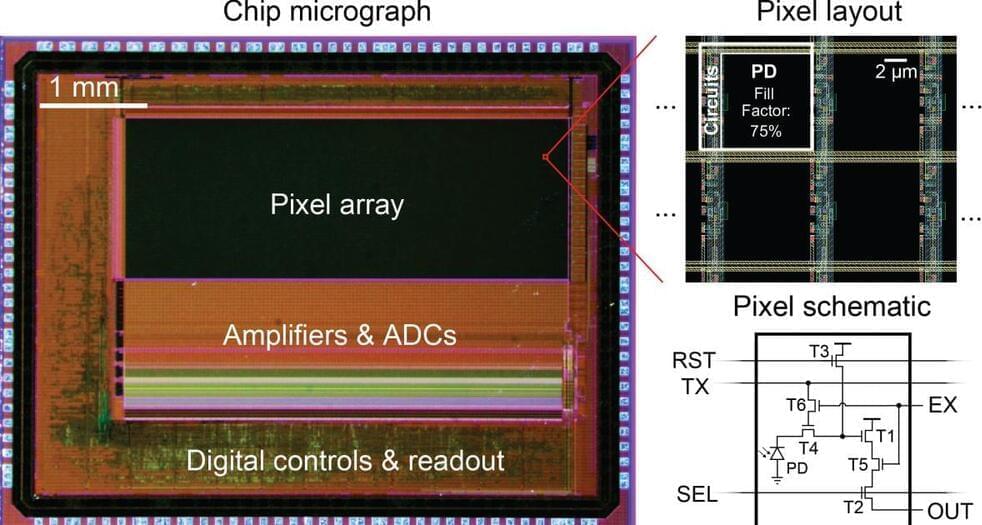If trillions of tiny bits of consciousness are floating around inside you, it could change how we think about life.
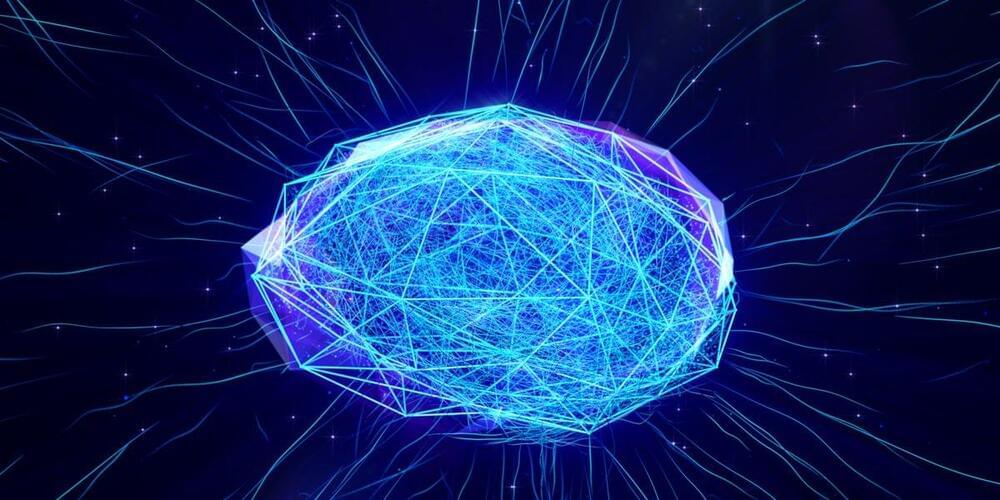

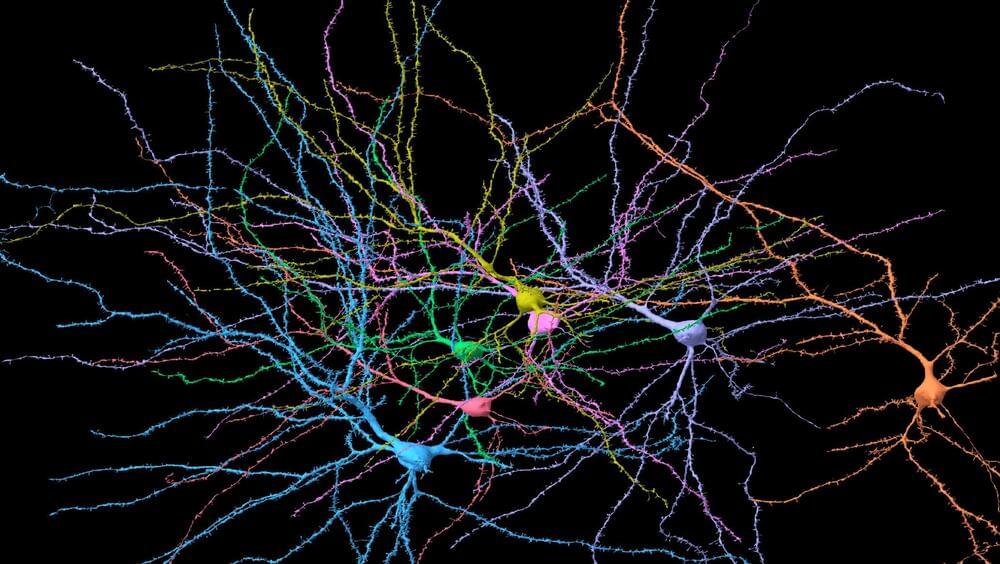
While researchers have long studied brain dynamics using functional magnetic resonance imaging (fMRI) and electroencephalograms (EEG), advances in neuroscience have only recently provided massive datasets for the brain’s cellular structure. These data opened possibilities for Kovács and his team to apply statistical physics techniques to measure the physical structure of neurons.
For the new study, Kovács and Ansell analyzed publicly available data of 3D brain reconstructions from humans, fruit flies and mice. By examining the brain at nanoscale resolution, the researchers found the samples showcased hallmarks of physical properties associated with criticality.
One such property is the well-known, fractal-like structure of neurons. This nontrivial fractal-dimension is an example of a set of observables, called “critical exponents,” that emerge when a system is close to a phase transition.
Listen to audio versions of your favorite interviews with the Closer To Truth podcast: https://shorturl.at/hwGP3
Only about consciousness can we be 100 percent sure. That consciousness exists almost everyone agrees. What consciousness means—that’s where arguments and disputations arise. Must consciousness have ‘meaning’? Or can consciousness be a random accident, selected by evolution, the ‘foam on the waves’ of brain activity. But consciousness seems so radically vital.
Get exclusive subscriber-only benefits with a free Closer To Truth membership: https://bit.ly/3He94Ns.
Ned Block is an American philosopher working in the field of the philosophy of mind who has made important contributions to matters of consciousness and cognitive science.
Watch more videos on the mystery of consciousness: https://shorturl.at/nPmWu.
Closer To Truth, hosted by Robert Lawrence Kuhn and directed by Peter Getzels, presents the world’s greatest thinkers exploring humanity’s deepest questions. Discover fundamental issues of existence. Engage new and diverse ways of thinking. Appreciate intense debates. Share your own opinions. Seek your own answers.
Join us as we delve into the fascinating and controversial world of bicameral mentality, a hypothesis introduced by Julian Jaynes. In his groundbreaking book, \.
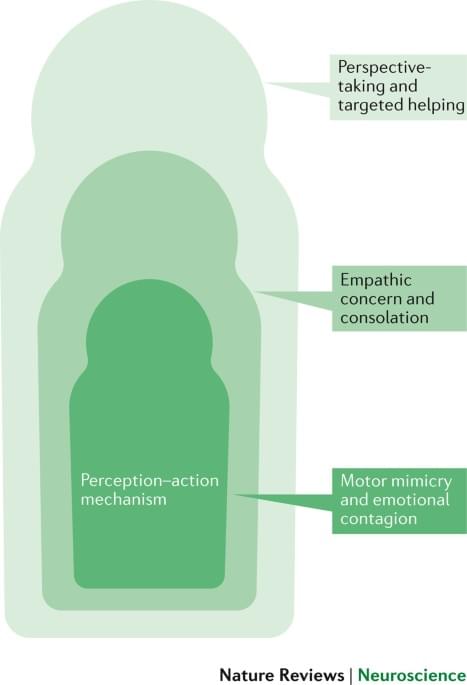
An interesting review paper on the neuroscience of empathy.
Empathy is a characteristic of all mammals that ranges from being sensitive to another’s emotions to adopting their perspective. In this Review, de Waal and Preston discuss current hypotheses concerning how the emotional states of others are understood in a variety of species.

Many people associate aging with a decline in cognitive function, health issues, and reduced activity. Uncovering mental processes that can boost the well-being of the older adults could be highly beneficial, as it could help to devise more effective activities aimed at improving their quality of life.
Researchers at University of Brescia and the Catholic University of the Sacred Heart recently carried out a study investigating the contribution of creativity and humor to the well-being of the elderly. Their findings, published in Neuroscience Letters, show that these two distinct human experiences share common psychological and neurobiological processes that promote well-being in older adults.
“Our recent study belongs to a line of research aimed at investigating the cognitive resources which are still available to elderly people and at understanding how such resources can support well-being,” Alessandro Antonietti, co-author of the paper, told Medical Xpress.

Yale researchers are using chemical “chameleons” to sneak up on drug-resistant brain tumors.
A Yale Cancer Center team has synthesized a compound, KL-50, that they say selectively targets drug-resistant glioblastomas while leaving healthy tissue alone.
Yale scientists say KL-50, their lead “chameleon” compound, effectively targets tumors without harming healthy surrounding tissue.
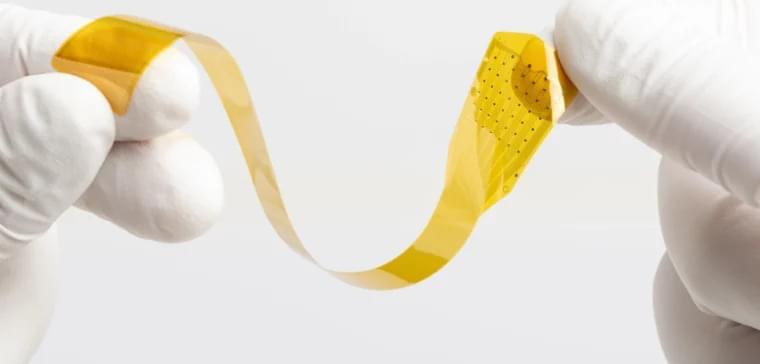
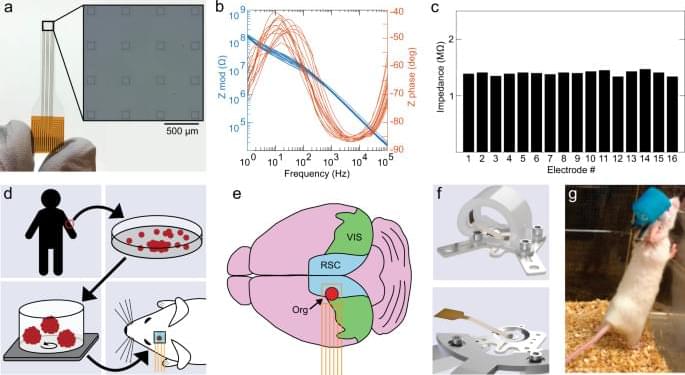
Year 2022 This can lead to even greater understanding of the human brain with organiods in mice.
Neuron al organoids derived from human induced pluripotent stem cells can be transplanted and integrated into the rodent cortex for the study of brain development and function. Here the authors demonstrate use of transparent graphene microelectrodes and two photon imaging for longitudinal, multimodal monitoring of functional connectivity between human iPSC derived neuronal organoids and the mouse cortex.
